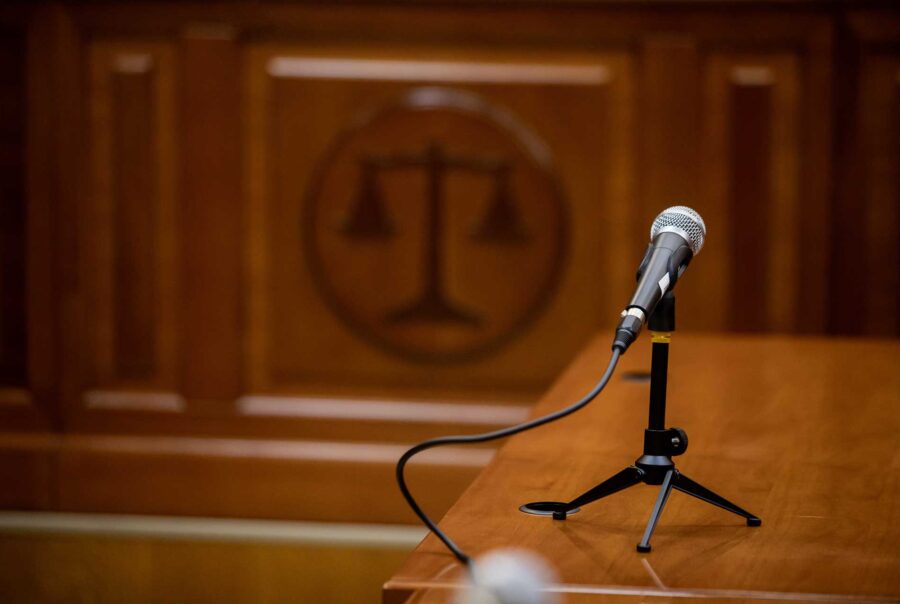Technical Expert Testimony
Dr. Destenie Nock
Dr. Destenie Nock, Professor of Engineering & Public Policy and Civil & Environmental Engineering at Carnegie Mellon University, submitted expert testimony in a case before the Illinois Commerce Commission determining if ComEd’s Multi-Year Integrated Grid Plan was reasonable and compiled with the public utilities act.
The purpose of Dr. Nock’s testimony was to provide recommendations and best practices for ComEd to consider when improving its assessment of energy poverty and identification of at-risk households. She began by defining various terms that illustrate why a focus on energy burden alone – the amount a household spends on energy bills – is not sufficient to explain the circumstances and choices households make in relation to energy use. Dr. Nock defined additional factors that must also be considered including: energy inequities, energy limiting behavior, and energy insecurity.
Dr. Nock suggested that ComEd use its smart meter data to identify multiple forms of energy poverty to help inform the investments it proposed in its grid plan. She noted that additional programs that incentivizes weatherization and energy-efficient equipment would also limit the risk of health-related illnesses due to energy insecurity. Overall, the testimony highlighted that research focusing solely on energy burden is inadequate to demonstrate the subtleties that exist within the energy systems. She also highlighted that utilities need to ensure households can adequately warm and cool their homes.




